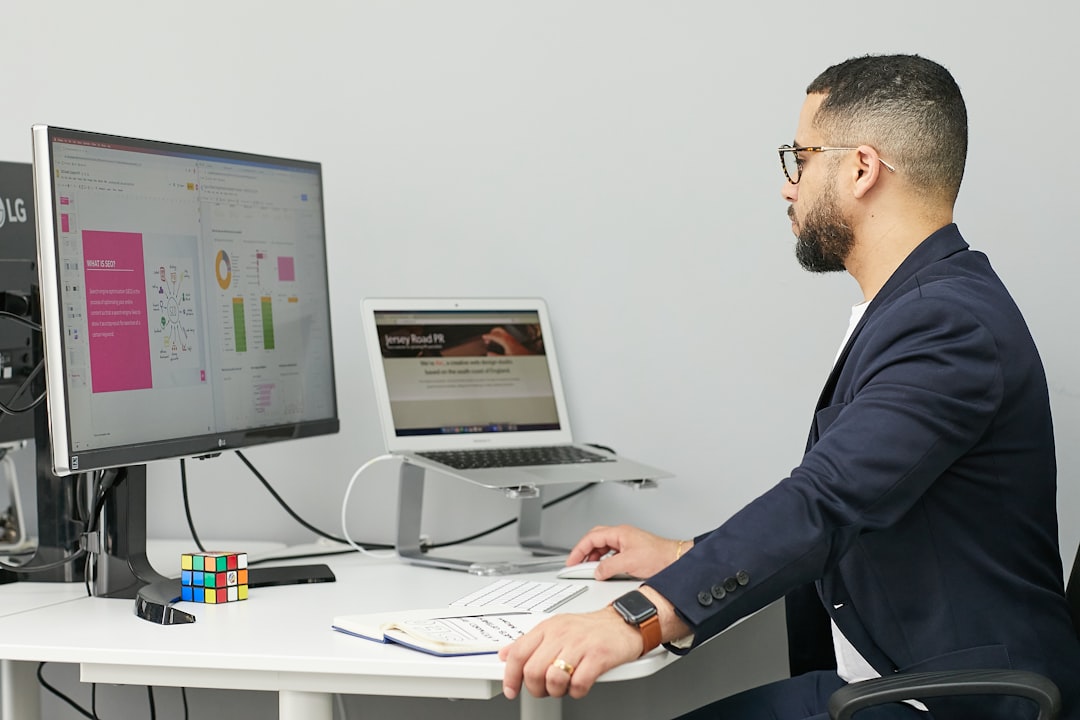In the ever-evolving landscape of search engine optimization and digital content creation, Google’s commitment to high-quality, trustworthy content has remained constant. However, the framework by which Google evaluates content has adapted to meet the demands of a more discerning and information-rich digital audience. As of 2025, the concept of E-E-A-T—*Experience*, *Expertise*, *Authoritativeness*, and *Trustworthiness*—has taken on an even greater and more refined significance. Understanding these new pillars is essential for anyone who creates, shares, or relies on digital content in a professional capacity.
Evolution into E-E-A-T
Originally known as E-A-T, Google’s quality framework emphasized three main pillars: *Expertise*, *Authoritativeness*, and *Trustworthiness*. In late 2022, *Experience* was added, giving rise to E-E-A-T. The inclusion of this fourth component signaled a shift toward a more user-centric evaluation model, recognizing that personal involvement and direct interaction with a subject often brings greater clarity and authenticity to content.
By 2025, this model has matured. Google’s increasingly sophisticated algorithms can now better assess these attributes through natural language processing, citation validation, user engagement data, and multimedia analysis. Content creators can no longer afford to overlook E-E-A-T principles if they expect to earn visibility and credibility online.
1. Experience: The Rise of Firsthand Insight
Experience in content today means authentic, firsthand involvement. Search engines are placing greater value on content that reflects real-world interactions and personal insights. Whether it’s a review of a product, an account of a medical treatment, or an analysis of a recent event, content generated from actual experiences is more impactful.
For instance, a travel blog detailing a writer’s trip to a remote village in Nepal, complete with personal anecdotes and locally-taken images, carries more weight than an aggregated article sourced from other web content.
Implemented effectively, this pillar encourages creators to:
- Include images, videos, and personalized commentary.
- Provide pragmatic advice grounded in individual experiences.
- Maintain transparency about the extent of their direct interaction with a topic.

2. Expertise: From Qualifications to Domain Proficiency
The traditional definition of expertise often emphasized formal qualifications and institutional affiliations. While this still holds significant value in 2025, the scope has broadened. Google now evaluates *functional expertise*—the actual ability to deliver accurate, insightful, and well-structured content within a given field.
For example, a certified financial advisor writing about retirement accounts will likely score well in expertise. However, a self-taught crypto trader with a proven track record and a strong online presence may now rival that authority, especially if their content demonstrates a depth of insight and practical knowledge backed by data.
To enhance *Expertise*, content creators should:
- Cite data and reputable sources to support claims.
- Provide demonstrations of knowledge through tutorials, case studies, or testimonials.
- Maintain a consistent and specialized content portfolio.

3. Authoritativeness: Building Digital Reputation and Community Trust
While *Expertise* refers to the content itself, *Authoritativeness* centers on the reputation of the content creator and the platform hosting it. As search engines become more discerning, factors such as backlinks from reputable sources, industry endorsements, and audience engagement come into sharper focus.
Authority is no longer attainable through domain age or keyword stuffing. Instead, the 2025 digital authority framework prioritizes:
- A positive reputation across multiple platforms (Google, LinkedIn, academic databases).
- Inclusion in reputable directories and databases (e.g., IMDb, PubMed, or industry journals).
- Consistent and meaningful engagement with your target audience.
Moreover, the assessment of authoritativeness has become increasingly niche. A tech blog doesn’t gain authority by publishing food recipes—it gains it through in-depth, consistent discussion of emerging technologies and actionable insights backed by real-world evidence.
4. Trustworthiness: The Cornerstone of All Content
If there’s one pillar that supersedes all others, it is *Trustworthiness*. In 2025, trust is quantified not just by reviews, citations, or privacy protections, but by the integrity of the entire content ecosystem. This means factual accuracy, transparency regarding conflicts of interest, and the protection of user data are fundamental.
Search engines can now analyze metadata, security settings, and behavioral patterns to determine the reliability of a source. A healthcare site with HTTPS encryption, verified medical contributors, and well-cited material will consistently rank higher than lesser domains, even if the content is similar in style.
To maximize trust, website owners and creators should:
- Display author bios with verifiable credentials.
- Ensure secure browsing and GDPR-compliance.
- Use structured data and clear attributions for quotes and data.
Additionally, self-disclosure has become an essential practice. Whether it’s openly stating affiliate relationships or noting limitations in one’s data collection, such transparency prevents reputational damage and boosts content integrity.
Technology’s Role in Measuring E-E-A-T
Advancements in artificial intelligence and machine learning have allowed Google and other search engines to measure E-E-A-T elements with much more nuance. Natural language understanding models can now dissect tone, syntax, and the sequencing of arguments to infer author intent and depth of knowledge.
Multimodal analysis also comes into play. Images, videos, and even audio recordings are analyzed for authenticity and alignment with the written content. Scores of credibility are partially derived from engagement factors like bounce rate, session duration, and even comment input.
In addition, new verification standards such as digital author signatures linked to blockchain (Web3 integrations) are beginning to offer immutable proof of authorship and alterations, which help reinforce digital trust.
Why E-E-A-T Matters More Than Ever
With the mounting volume of misinformation flooding digital spaces, E-E-A-T has emerged as more than a ranking criterion—it’s a social and ethical imperative. Whether for consumers seeking authentic reviews or for policymakers validating critical information, the standard serves as a stabilizing force in online content distribution.
In 2025, organizations not prioritizing E-E-A-T will likely find themselves sidelined in SERPs, deplatformed from credible content networks, or simply ignored by sharp, discerning audiences.
Key Takeaways: Strengthening E-E-A-T in Your Strategy
To ensure success and sustainability in the digital content sphere, consider the following best practices:
- Integrate personal experiences into your narratives to add authenticity.
- Elevate actual knowledge over mere surface-level engagement—data matters.
- Develop a strong reputation not just on your site, but across a broad digital footprint.
- Build user trust through transparency, security, and reliable information architecture.
Looking Ahead
As Google’s content guidelines continue to evolve, so too must our understanding and application of E-E-A-T. It is no longer enough to churn out content with the right keywords. Rather, winning in 2025’s digital ecosystem will require a deeper commitment to quality, factual accuracy, user value, and ethical responsibility.
By aligning your digital strategy with the refined pillars of E-E-A-T, you not only future-proof your content but also contribute to a healthier, more reliable internet.